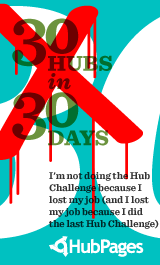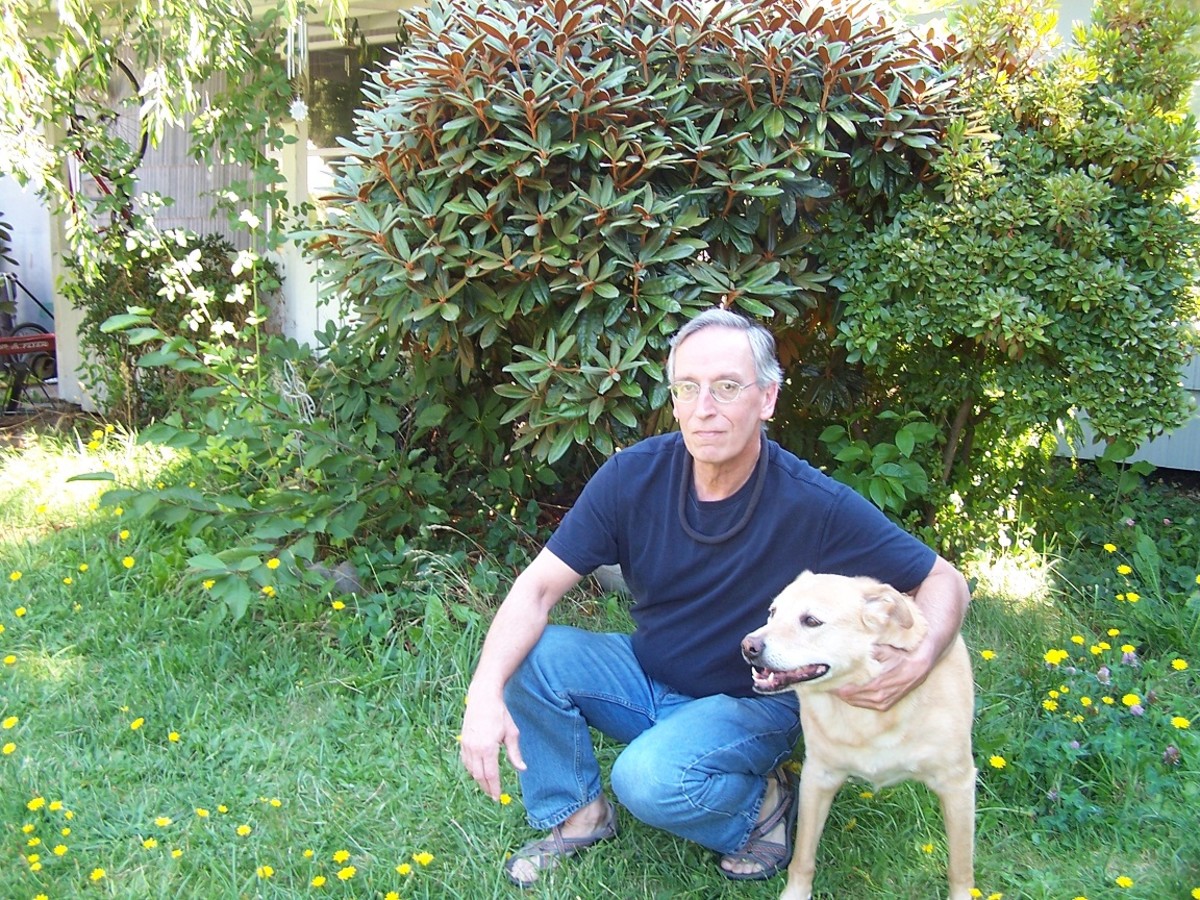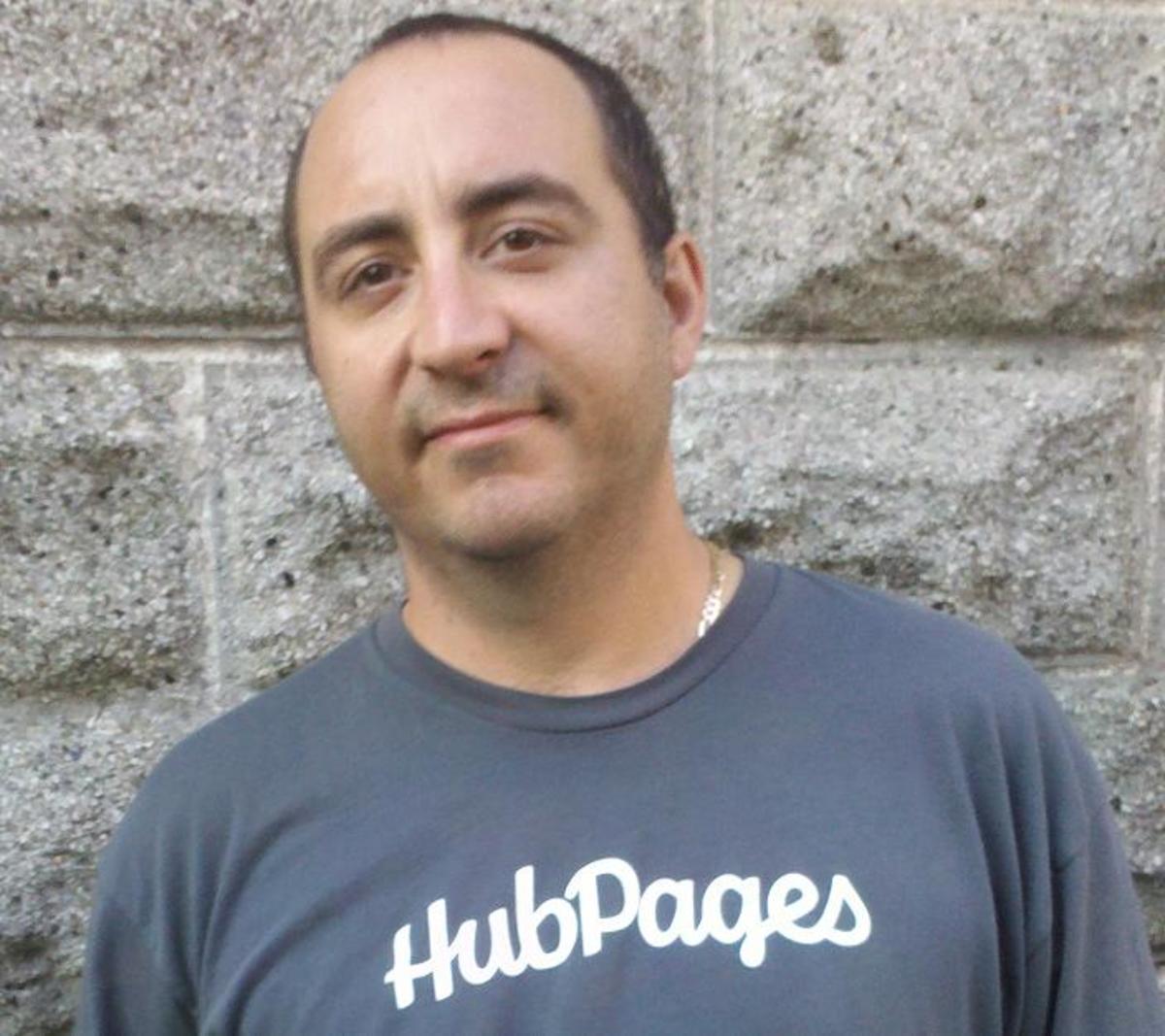10 Things I Learned in the 30 Hubs Challenge
I published 24 hubs prior to committing to the 30 hubs in 30 days challenge. The challenge period would bleed into the busiest time of the year at my tax office. Last tax season I began writing a science fiction novel that extended to 180,000 words in rough draft; the manuscript was later honed to under 120,000 words. So I am comfortable writing under pressure.
By committing to the 30 hubs challenge during a busy time of the year for me is my way of pushing myself to perform under any circumstances. The greatest growth takes place under pressure, I feel.
I also write a blog for my tax business several times a week and continued posting while in the 30 hubs challenge. Considering I work 14 hours a day at times, writing and researching late into the evening stretches my skills to the limit.
My plan worked. Writing while under huge time demands changed my writing style and skills at times as I wrote until after midnight many days. Research still got done and I even joined The Keyword Academy. One Sunday I reviewed hours of video at The Keyword Academy.
In this article I will outline where I began, where I ended up, and how I did it. I finished the challenge with 54 hubs and then took a week off. I made money during the challenge. Since most people here are writing with the intent to turn a profit, I will focus on this angle most.
OK, I Didn't Really Lose My Job

First Thing I Learned
Writing hubs is harder and more time consuming than writing a short story or business letter. Several of my tax hubs took 3-4 hours to research, write, and build. Since the information must be correct, I checked and double-checked my facts before publishing.
Some hubs still write fast. However, it seems a really good hub takes time. Many times I work on a good hub over several days before publishing.
Second Thing I Learned
My best hubs are not the ones I expected to do well. I wrote a series of hubs on taxes and passive activity rules. My goal was to write an informative article that could be used as a reference for interested parties. Keyword research said my traffic would be light and income nonexistent. I was wrong. The hubs are among my best performers.
Other hubs my research said would do great are either mediocre or poor. It is difficult to determine in advance which hubs will be the leaders. Short hubs tend to do poorly and longer hubs better, but not always.
Third Thing I Learned
The more hubs published the better. I heard that it takes 50 hubs and six months to get meaningful traffic and income. My traffic is growing very nice at three months and 54 hubs. At six months I should get a check every month.
It must be noted that the 50 hubs need to be quality hubs. Throwing 50 hubs of 300 words against the wall will not work. There are a few that try this method on HubPages and die a quick and painful death. You want repeat customers. The only way to get them is to provide lots of solid content.
Fourth Thing I Learned
The learning never ends. I thought I had a good handle on promoting my hubs, researching keywords, and search engine optimization (SEO). Again, I was wrong. With scores of articles read, I thought I really knew how to make money on HubPages. Then I joined The Keyword Academy. Wow! The first thing they showed me was a formula for determining potential keywords. Their method was faster, easier, and more effective than mine.
My talents in backlinking have grown 3-fold since I began the 30 hubs in 30 days challenge. I recommend reading every hub on the subject you can. The Keyword Academy costs $1 the first month and $33 a month thereafter. It is money well spent if you are serious.
Fifth Thing I Learned
High paying keywords are not always the most profitable. Before joining The Keyword Academy, I would use Google’s AdWords Keyword Tool to find high paying keywords and the searches per month. Then I would perform a Google search on the keyword and look for the number of results. The lower the number the better.
Now I use Google’s toolbar to review page rank (PR) on the top several results to my keyword search. If the PR is too high, say 5 and above, I skip that keyword. I prefer a PR of 3 and lower, but will settle for a few PR4 results. The higher the PR, the harder it will be to rank at the top of the list.
Making Money with HubPages
Sixth Thing I Learned
The “share it” button at the bottom of you hub is not enough backlinking. It is a good start. A blog and website are easy links to your hubs. Social networks are real drivers of traffic. I prefer Twitter. By investing a few minutes each day, I can build my list of followers and tweet a short intro to several of my hubs. After Google and Yahoo, Twitter is the largest source of traffic to my hubs. Understand, for every visitor from Twitter, I get a hundred from Google. Still, the extra traffic is nice, and from what I gather, Twitter traffic is profitable.
Seventh Thing I learned
Bit.ly is my new love. For those that don’t know, bit.ly is a website that shortens your url, creating a compact link. This works very nice with Twitter. It also fits well in other applications, too.
The best thing about bit.ly is that they keep a record of all the clicks on the link. You can drill down into the data and see where the clicks are coming from. This free tool is great for driving traffic. You can set up automatic links to Twitter, Facebook, and other social networking sites. Once I set up a link for a hub, I can tweet a short message with the link in a few seconds. Do this several times a day and traffic will come. It is fun watching how many people click the link in real time.
How to Set Up and Run a 30 Hub Challenge
Learn Inside Tricks To Make Big Money With HubPages
Eighth Thing I Learned
I am experimenting with automatic tweeters. You don’t have to sit at your computer all day and work at driving traffic. I am leaning toward Autotweeter for all my automatic tweets. Now all your followers can get a stream of informational tweets with a link to your hub 24 hours a day, 7 days a week. Building even a modest following on Twitter, using bit.ly, and an automatic tweeter, you can generate several hundred visits to your hubs, blog, and website per day. Since traffic means money, you need to implement a plan like I have.
Find a Topic to Write About
Ninth Thing I Learned
When I joined HubPages three months ago, I figured I would write an article, publish it, and move on. Well, I find myself going back and revising hubs on a regular basis: adding new information, reviewing comments, and building links.
Hubs getting little to no traffic are reviewed for modifications. I review one underperforming hub per week. Sometimes I change the title, other times I add significant amounts of new text or images. By reworking hubs that have no traffic I increase the chances all hubs will generate some traffic and income in the future. A hubs work is never done.
Tenth Thing I Learned
Traffic and income continue to grow. After I completed the 30 hubs challenge, I focused on tax work in my office. My writing time is focused on a few revisions, commenting, participating in the forums, creating links, and posting to social networks. This is the first hub after completing the challenge. In the 10 days since finishing the 30 hubs challenge, my traffic is up 200% and income has tripled. I have some revenue every day now.
As my hubs gain more organic back links and as search engines rank them higher, my traffic and income should grow even more. The 30 hubs published during the challenge should produce around $150 per month for years to come. I am currently over $50 per month.
Bonus: Eleventh Thing I Learned
Organic back links are great, especially when they come from PR6 sites. Generating your own links is hard work and time consuming. Writing super hubs brings in interested parties that link to your from their site without asking. Several of my hubs have links from sites I never knew existed until I saw them in my Google Analytics stats. That is how I know some large PR6 sites have linked to me. One such site generated several hundred visits to one of my hubs in a day. It brings a smile to my face.
What is your best tactic to drive traffic and increase income?
Conclusion
Learning never ends. Read hubs and other articles around the internet to increase your skills. Don’t go wild, but do invest a little money if necessary. I think The Keyword Academy is a perfect example of a good investment. For $1 the first month, you have no reason not to check it out. You will earn the investment back in short order.
Never give up. If your first hubs fail to produce, so what. Mine did to. Keep writing. Ideas are everywhere. Junk mail can give you 30 ideas a day; TV and radio a hundred more. Every conversation, every Google search you make, is a potential hub. Use the Google keyword tool and check how stiff the competition is to determine the best route to success.
Write meaningful hubs. Every hub should be at least 400 words, and 800+ words are better. Use images and video. Link between existing hubs; don’t be afraid to link to the hub of another; don’t plagiarize, use links. Learn every day.
Remember, the hub you write “just because,” may end up performing the best. Happy hubbing.










![WAYS OF MAKING MONEY ONLINE [HUBPAGES]](https://usercontent2.hubstatic.com/16299867_f120.jpg)